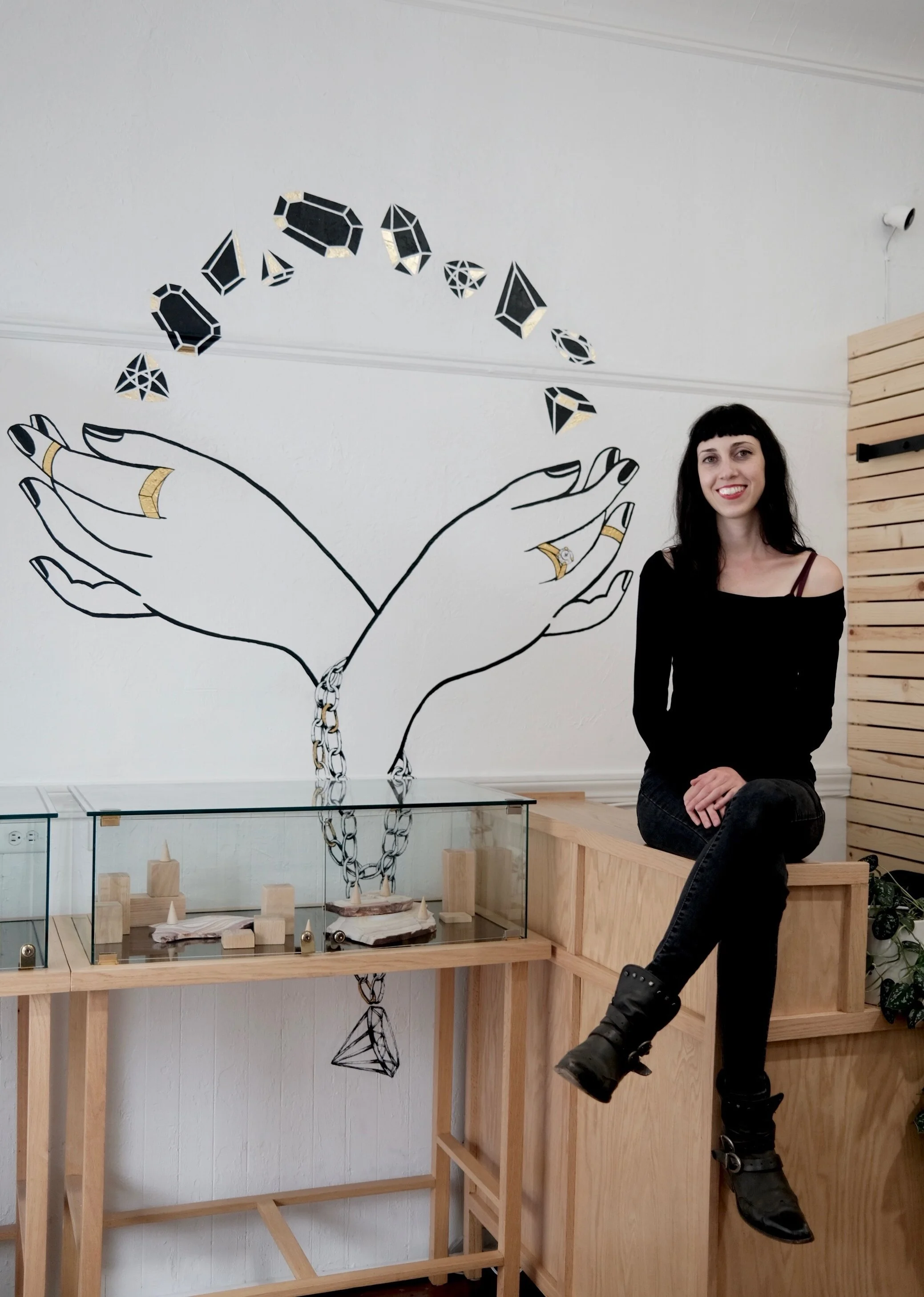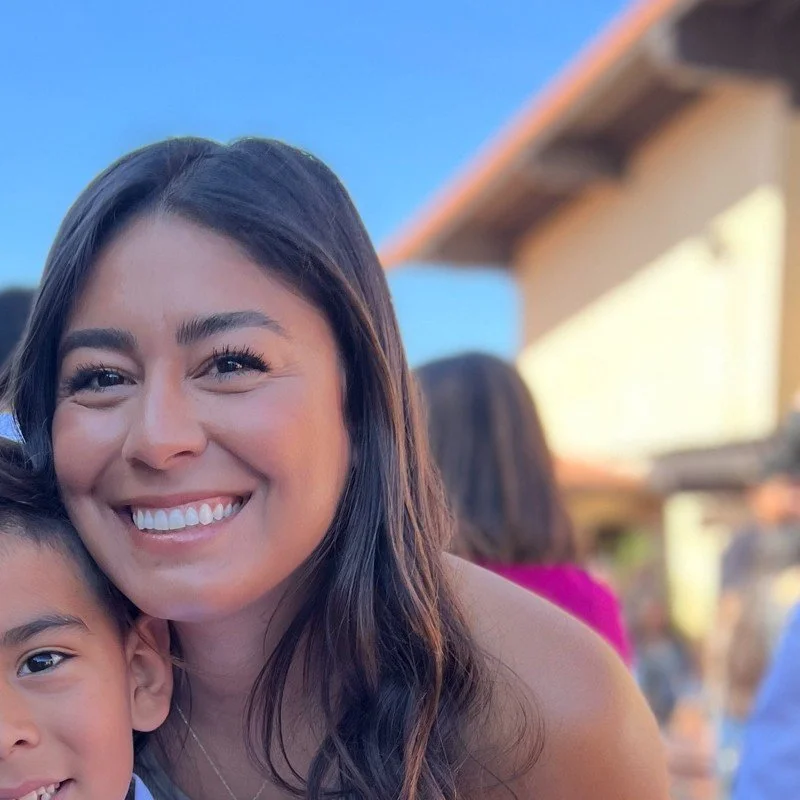
Couples Therapy
Santa Monica, West LA California & Online
Relationships are perhaps the most challenging thing we do and one of the most common reasons people seek therapy.
“Most couples don’t get any training in relationships. Often they don’t learn how to communicate with each other until they go to therapy, and often that’s too late.”
- John M. Gottman
In couples therapy, we work to build up the good aspects of your relationship and update the unhelpful aspects. Couples therapy can be thought of as intimacy practice with guardrails. With strong guidance, you can have a new more positive experience of relating and successfully working through challenging material.
We will develop insight into the underlying issues that block intimacy. These blocks often relate to protective patterns that you developed in order to survive childhood adversities that have become frozen in time. Your partner is not the problem, the pattern is the problem. With more support, these frozen patterns are able to thaw, update and evolve.
Along the way, we provide tools for creating more intimacy, having productive conflict, and better regulating the nervous system. This improves our relational ability, or emotional intelligence, and increases relationship satisfaction.
“Successful long-term relationships are created through small words, small gestures, & small acts.”
- John M. Gottman
And, if we really can’t make the relationship work, or we decide that you are better off apart, we will support a conscious uncoupling and make sure that the right lessons are learned in order to move into better partnerships going forward.
Signs your Relationship Could Use Support
Ratio of Sex-to-Fights has dropped below one
Love Language Greatly Diminished, for example, words of affirmation, acts of service, receiving gifts, quality time, and physical touch have become scarce.
Low-Bandwidth Communication and certain topics have become off-limit, such as sexual intimacy, an addiction, certain family members, a career, or anything else.
Negative Interaction Cycles, where one or both partners are dissatisfied, predominate over positive interaction cycles, where both partners feel good about the exchange.
Criticism, or negative judgments and attacks on a partner's character or personality predominate over comments addressing a specific behavior or issue.
Contempt, including disrespect and sarcasm, show obvious disdain toward a partner (e.g. eye rolling), which conveys a sense of superiority and distance.
Defensiveness often leads to escalating arguments, as one or both partners constantly defend themselves rather than taking responsibility for their part in conflicts.
Stonewalling, as in when a partner withdraws from the conversation or shuts down emotionally during a conflict, make it impossible to resolve issues.
My Couples Treatment Approach
First and foremost, we show you both practices that support your nervous systems to achieve self-regulation, or the ability to calm down quickly. These practices allow energy and emotions to move through the body, bringing us back to a restful and alert state. As we better regulate the nervous system, we get back to feeling ourself and energy and motivation return. Once we get here, working on the relationship feels a whole lot easier.
Next we teach you to better notice your partners bids for connection and to communicate your own bids more clearly. We do this through awareness work that creates more attunement and responsiveness to the other, and identifies where and how blocks to intimacy occur. This work helps to build up a positive bank account of relationship equity and to show where the leaks are.
We teach you how to have more productive conflict using tools like I-statements, reflective listening, time-outs, safe-words, limiting scope, slowing down escalations, de-escalating, boundary setting & owning your own shadow. These tools help to disrupt and improve your communication patterns and create more safety and emotional honesty in the relationship.
Couples therapy is challenging and even painful but as we do the work our long term suffering diminishes greatly (See chart at right). Over time, positive interactions begin to outweigh negative interactions and your relationship gathers positive momentum to better meet your needs.
FAQs
-
My version of couples therapy incorporates a somatic therapy orientation that the body keeps the score. Somatic therapy slows things down and surfaces information that the deeper nervous system is trying to communicate. This information comes in the form of sensation, emotions, anxiety and energetic shifts, body language, facial expressions, tensions, bracing patterns, and micro changes in breathing, heart rate and other physiological markers.
I help to tune in to information from each nervous system and to help guide the overall system to better outcomes. Often what is being communicated is a lot simpler than what the words have to say.
With an attuned guide, you feel deeply felt and connected to and your body comes more online. Often the work is slow, meditative, and uncomfortable at first, but the changes are undeniable.
I usually provide a mix of both talk and somatic therapy and find that they complement and support each other.
Book a free consult, and we can discuss your situation.
-
Yes the research confirms that couples therapy is effective. The two most common approaches used by our providers are Gottman Method developed John and Julie Gottman and Emotionally Focused Therapy developed by Susan Johnson.
Here is a summary of the research on the Gottman Method.
“Gottman’s couple therapy had enduring effects on marital adjustment and couples' intimacy.”
Davoodvandi, M., Navabi Nejad, S., & Farzad, V. (2018). Examining the Effectiveness of Gottman Couple Therapy on Improving Marital Adjustment and Couples' Intimacy. Iranian journal of psychiatry, 13(2), 135–141.
And here is a summary of the research on Emotionally Focused Therapy for Couples.
“This meta-analysis provides support for EFT as an evidence-based couple therapy approach, where 70% of couples will be symptom free at the end of treatment and greater therapist fidelity to the model is associated with stronger couple gains”
Spengler, P. M., Lee, N. A., Wiebe, S. A., & Wittenborn, A. K. (2022). A comprehensive meta-analysis on the efficacy of emotionally focused couple therapy. Couple and Family Psychology: Research and Practice. Advance online publication.
-
Most clients experience couples therapy as challenging and confronting work but because you’re both in the room together, whatever is achieved is immediately a part of your ongoing life structure. For this reason you may see changes more quickly than in regular individual therapy.
In some cases we just need a little nudge to get onto a better track and we're able to relate and cooperate a whole lot better. In that case, 6 - 12 sessions may be enough to gain a new piece of insight, have a different experience, and apply this to living in a different way.
Other times, due to life adversity, addiction, or other reasons, we have become very set in our ways and our personality structures now block what we desire most from our relationship. In these cases we may need to work from 6 months to a year to make a fundamental shift in order to turn things around in the relationship. In these cases, the work usually takes longer than we would like, but the change is more significant than we anticipate. The benefits from long term work reach into every area of life and compound over the years that follow.
If you’re unsure which type you and your partner are, reach out and book a free consult. We can discuss your situation and provide some input.
-
The gold standard for somatic-focused couples work has to be in-person, given the greater amount of information available and the increased potential for co-regulation, somatic resonance and micro-attunements.
That said, a surprising amount is conveyed through the screen. We have seen many telehealth somatic sessions get to a deeply transformational space. Virtual sessions are also more convenient and it's easier to maintain a weekly rhythm, which counts for a lot. We do like it when virtual clients are able to come in occasionally for an in-person session. The connection seems to carry over to on-screen work. I would say try whatever works best for your schedule and see how you find it.
You're welcome to call and do a free consultation to discuss your situation.
-
Some part of you must disagree or you wouldn't be here reading about therapy! That part just needs more support. We become the champion of that part of you that wants things to be a lot better. We've seen many times how getting into the rhythm of therapy and putting an action-reflection loop into place is absolutely transformational. Perhaps the conditions have not been conducive until now. Perhaps the voices of doubt and judgment have just been a little too strong. Perhaps everything you've done up to this point can become the foundation and launchpad for finally breaking through. There's only one way to find out.
Book a free consult, and we can discuss your situation. There is no ongoing commitment and we'll be honest about what we think could be possible for you.
-
Unfortunately couples work is seldom offered at a sliding scale given the nature and intensity of the work. My fees are competitive against many private practices in California, particularly for somatic offerings. Many of our clinicians have a few sliding scale spots that can lower the fee somewhat in cases of financial need.
If you need a substantially reduced fee, I can recommend low-fee training clinics such as Maple Counseling Center, Antioch University Counseling Center, Southern California Counseling Center, Valley Community Counseling Clinic, Airport Marina Counseling Center, or Counseling West. These can be great options to get started. The main issue tends to be therapist turnover, as therapists complete their training and move into private practice. There is also a high variance between therapists, so you may need to go through several before you find a good fit and then you may lose them after several months. There can also be long waitlists depending on the time of year.
If you would like to discuss your situation and what you can afford at this time, please schedule a free consultation.
-
We are not "in network" but we can be reimbursed as an out-of-network provider for all PPO plans, including: Anthem Blue Cross, Blue Shield, Blue Card, HealthNet, United Healthcare, Cigna, Optum, Magellan, Value Plus and many others, depending on your coverage. We are not in-network or included within HMO plans for any providers.
With PPO, you pay the full fee upfront and your insurance company reimburses you directly.
Beyond can call your insurance on your behalf in order to find out what your coverage would be.
If you schedule a free consult, we can discuss how this would work and any other questions you have about insurance.
What Clients are Saying
Embark On Your Shared Journey
Contact me today to learn more about how therapy can help to stabilize and revitalize your relationship. I can answer your questions and help to guide your decision making process.


















